Gathered around a wooden table in an unremarkable local council room in east London, ten men are sat side by side. They span a range of ages, ethnicities and social backgrounds; some are in sportswear while some are in smart work gear, like they’ve just left the office. But there’s one thing they all have in common — they have carried out domestic abuse. And they are here to try and change their behaviour.
“Domestic abuse is a choice,” Mark*, the course leader tells them, as the two-hour session begins. “Not one in the thousands of men I have worked with are possessed by demons or aliens. If you can choose to be bad, you can choose to be good.”
This week’s session of the Spotlight Programme — one of several across the country aimed at stopping people inflicting violence and abuse on their partners — is looking at the repercussions domestic abuse has on children. Eight of the men have, at one time, been under a bail condition which prevented them from contacting their children.
Mark, who has worked with dozens of male prisoners who have killed their partners and counselled many perpetrators in the wider community, is here to encourage the men to reflect on the consequences of their actions. As he puts it, the abusers’ choice of behaviour has denied their children access to their father.
“When you are abusing your child’s mum, you are abusing your child,” he tells the group, as he hits play on a video. “Does anyone want their sons to grow up and be sitting with me? Does anyone want their daughters to grow up and be abused?”
He then asks the men to say how they would feel if it was their mum experiencing domestic abuse. “I’d be mad, angry, I’d want revenge,” one man says. Another says he would feel upset. The list goes on.
The men who come to these sessions have carried out a range of abuse, from physical violence to psychological abuse, coercive control, financial abuse, and sexual violence, Mark tells The Independent after the session.
But a common thread is the way they downplay violence and abuse, as well as dodging responsibility and deflecting blame. “When they first join the program, most of them are of the view that, yes, I did do dot dot but it’s because she did X, Y, Z,” he adds.
Examples of the abuse involve men blocking partners from contacting their families, raping partners and strangling them. He also tells the story of a man who regularly denied his partner her medication when she was desperately ill.
“From how she dresses, who she sees, where she goes, who she talks to, to having to be home at 7pm every night — these are all very controlling behaviours and we come across them every single day,” he said.
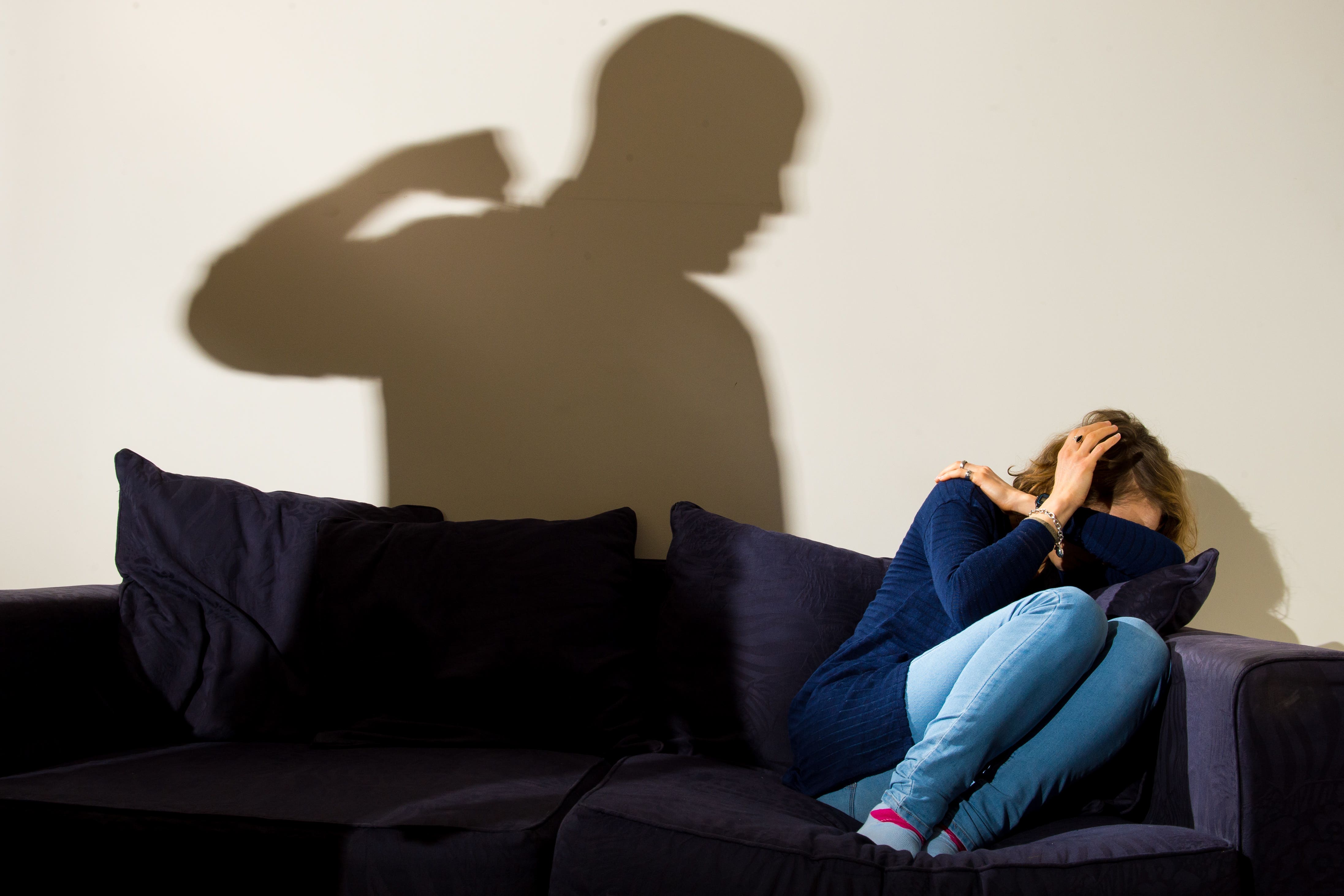
The Spotlight Programme was launched in 2020, with referrals coming from the police and children’s services. Some 677 individuals have been referred between the scheme starting and April of this year.
Data supplied by the local council shows 92 per cent who completed the programme saw a decrease in police contact involving domestic abuse. Eight per cent of participants have dropped out of the programme and five per cent have been suspended.
A study, carried out by Durham and London Metropolitan universities back in 2015, found far fewer women reported being physically attacked after their partner went to a programme, with 61 per cent beforehand in comparison to two per cent afterwards.
But Mark also warns that not all men who join the Spotlight Programme are suitable. On some occasions, the more light that is shone on a perpetrator’s behaviour, the more they proactively perpetrate that abuse.
One man was taken off the programme due to frequently laughing at abuse in the group sessions. He also admitted to laughing at the thought of his wife’s face when he was raping her.
Despite this, Mark is adamant his scheme has the ability to change an abuser’s behaviour if they acknowledge there is a problem and they are committed to changing it.
In his view, it is ultimately a man’s belief system which means he thinks he has the right to control and dictate his partner’s life choices. “We help them to understand that: look, you don’t always have to like your partner’s choices’,” he adds. “But there are alternative ways to respond other than abuse and violence.”
But funding issues mean schemes like Spotlight — which is accredited by domestic abuse charity Respect — are at risk of being discontinued. Although they are funded from a variety of places, including local authorities and police and crime commissioners, the programmes have been hit by reduced funding from the Home Office and the Ministry of Justice.
Jas Athwal, a local councillor in Redbridge, said Spotlight’s government funding came to an end in March this year as he explained they “desperately need” the money to continue. They are currently using local council money to pay for the scheme. “This is one of those things you can’t walk away from because this is going to have a real impact on a child’s life, on a victim’s life, on a family’s life.”
Mark’s course in Redbridge is one of just three accredited courses left in London, while there are 35 such schemes across the UK. But Caroline Bernard, a spokesperson for Respect, told The Independent the removal of funding has lead to a reduction in risk management or feedback and resulted in Respect telling schemes for perpetrators not to take on these cases as it is dangerous to do so.
Ms Bernard warned the slashing of funding has meant “the entire system has broken down” and that there are a “high number” of perpetrators who cannot access the schemes.
“Ultimately, the lack of access to these programmes is putting the safety of domestic abuse survivors, and their children, at risk,” she said.
The world’s first perpetrator programme took place in Deluth in Minnesota in the US in 1980, with other programmes modelling themselves on the scheme since then, Ippo Panteloudakis, head of services at Respect, said. The first perpetrator programme was launched in the UK in 1989.
But perpetrator programmes are not free from controversy and many who work in the domestic abuse sector are sceptical of the schemes.
“We think they have a role to play but we are cautious about them,” Ellie Butt, of domestic abuse charity Refuge, says. “The evidence base is limited. There is evidence for some people they reduce some of the abuse. While we think that has a role, we don’t want to send a message to survivors that they should have to tolerate any abuse or slightly less severe abuse.”
She also warned perpetrators are “adept at manipulating systems and manipulating professionals and continuing abuse” as she noted many abuse multiple victims.
“They are not a solution in and of themselves. We still need a much better criminal justice response than we have and better services for survivors. They are not a silver bullet,” she said.
For Paul*, a 36-year-old painter and decorator who lives in London, the Spotlight Programme helped change his behaviour towards his partner. He was arrested and investigated for perpetrating coercive control.
“I’d become very overprotective of her… I had become smothering,” he said. “I was constantly monitoring where she was and wanting to know when she would be home. I would bombard her with text messages and phone calls. It wasn’t verbal abuse, it was more ‘where are you? Have you left me?’”
But Paul, who has three children with his partner, states his “whole attitude to everything has changed” since taking part in the programme in August last year.
“It has changed my life,” he adds. “I don’t jump in feet first – I judge the situation slowly and calmly. She has noticed a change in me. She has a bit more trust in me now. I leave her to live her life in peace now.”
A Ministry of Justice spokesperson said: “The safety of children who have experienced domestic abuse is vital and we are currently reviewing the role of interventions in the private family court.
“This includes working with experts, including in the domestic abuse sector, to consider what interventions the family court can most effectively provide in these cases.”
*Names have been changed to protect identities





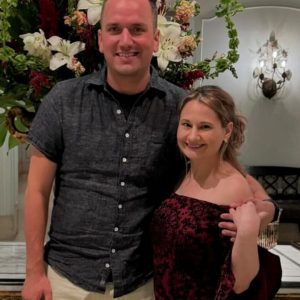






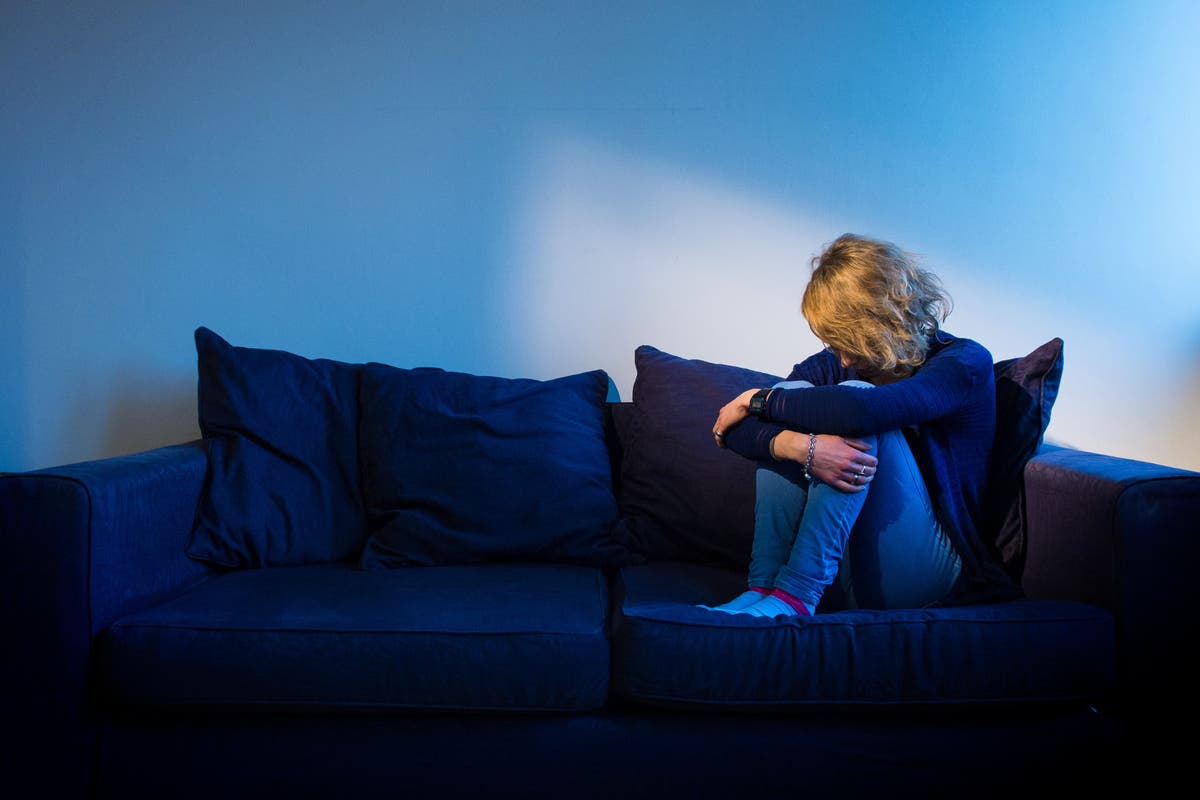

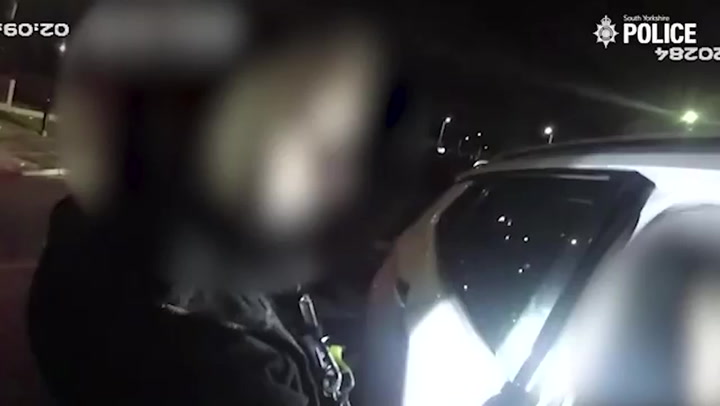
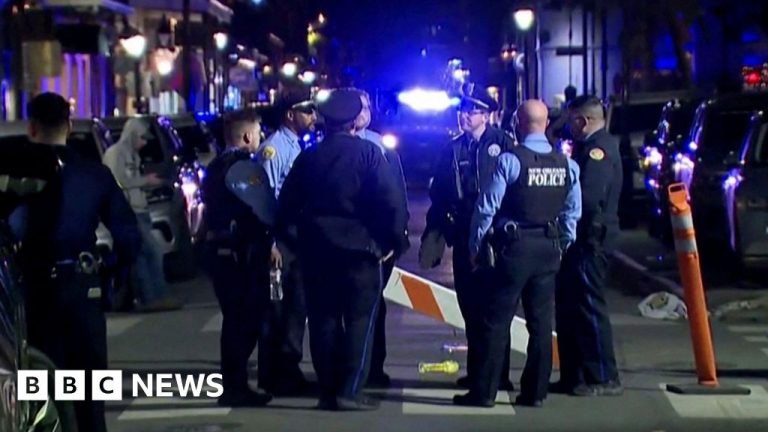
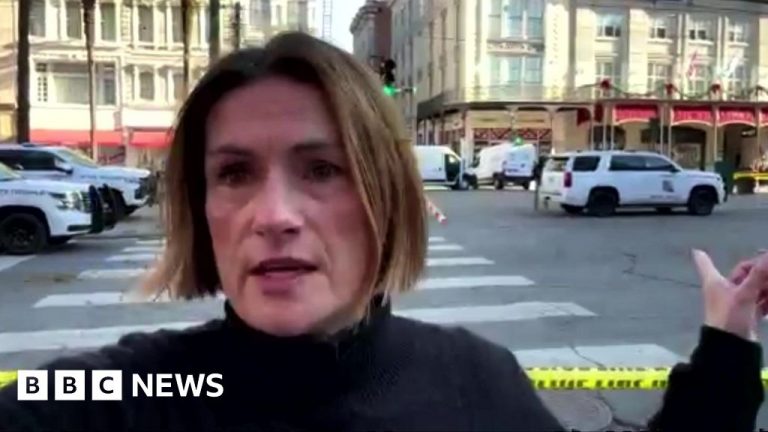

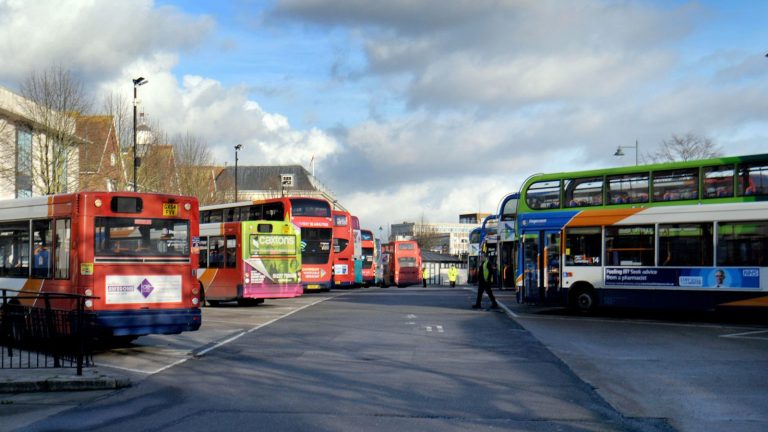


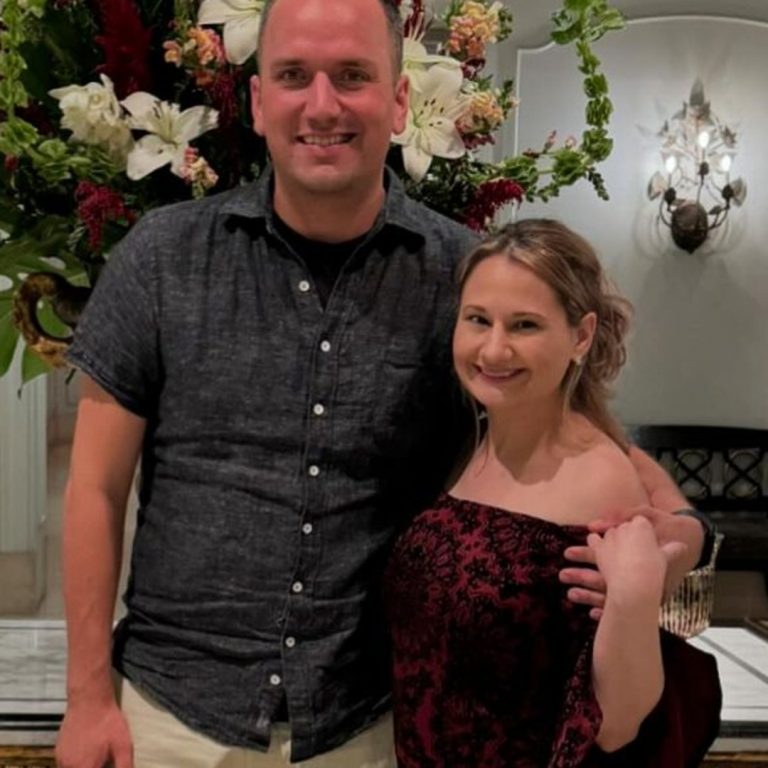

+ There are no comments
Add yours